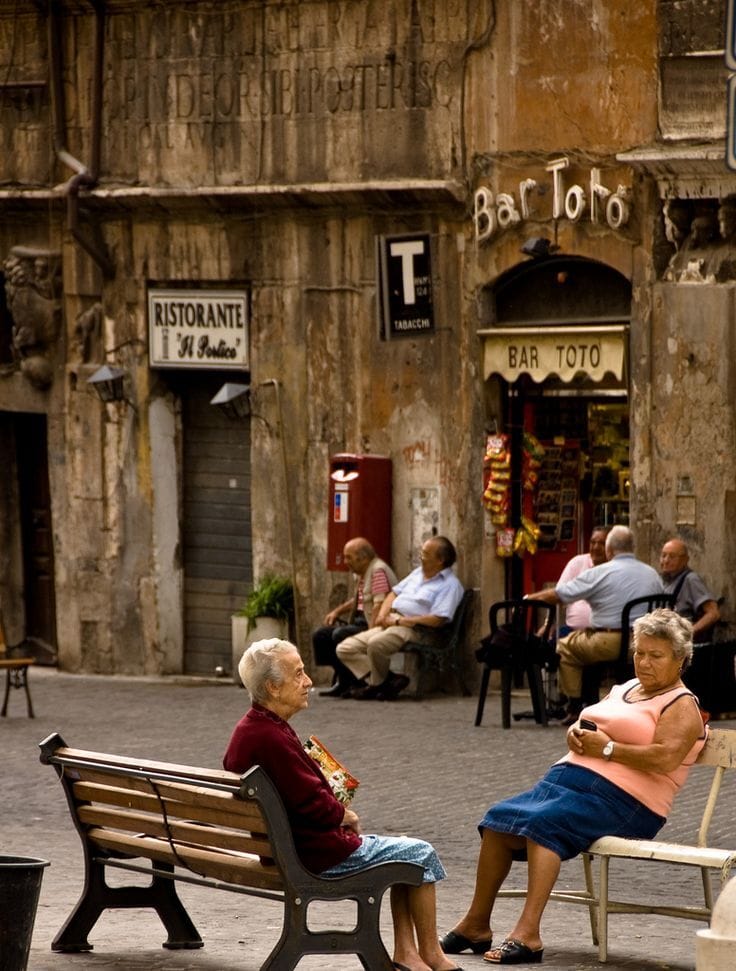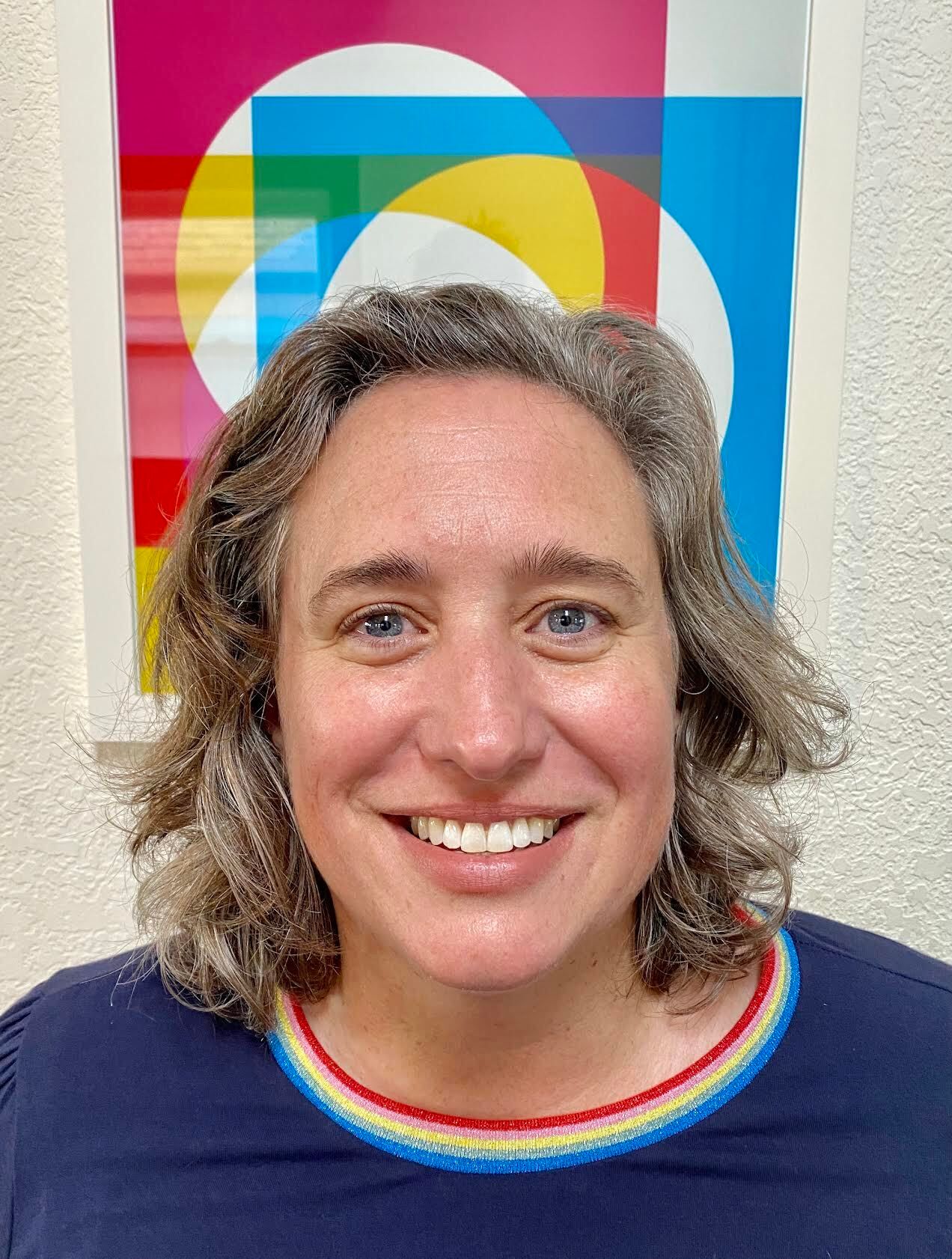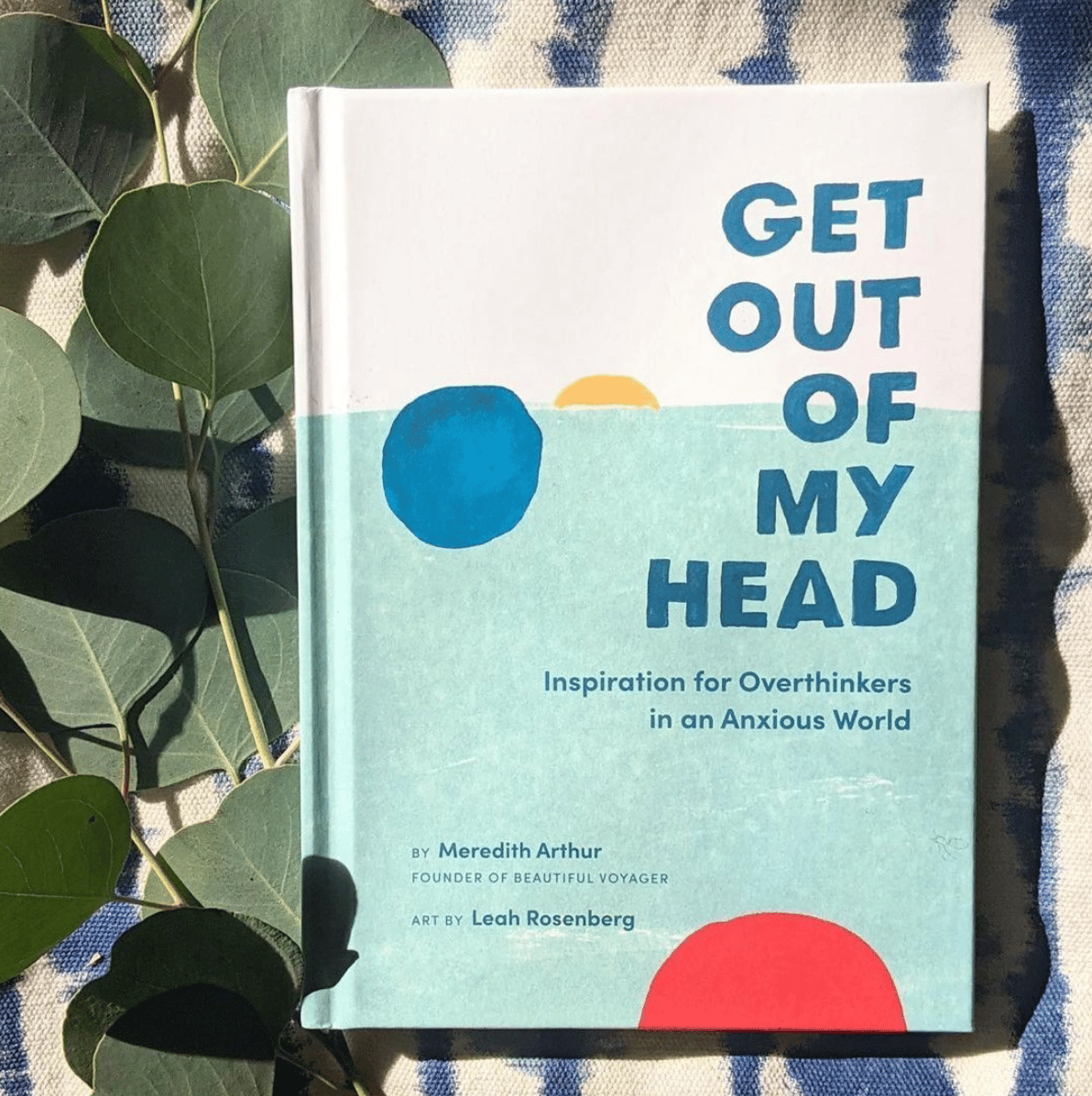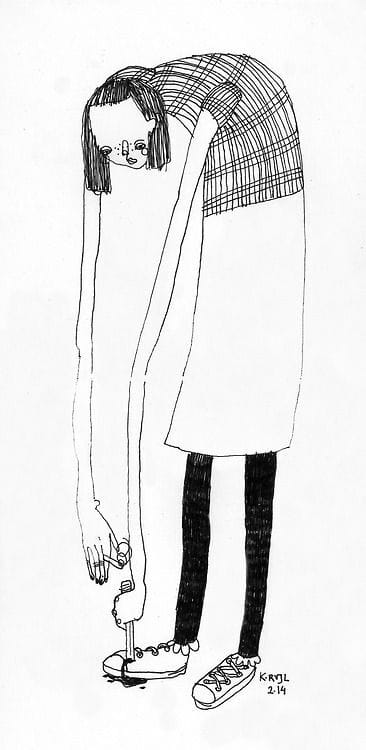Hi {{ First Name | friend }}!
This is How to Live: A newsletter for those who want to live more easily in a world that often feels too hard.
Here’s last week’s piece, if you missed it: How to Keep Going When Life Tries to Hold You in Place.
Every issue of How to Live requires countless hours and substantial resources. As a sole creator, I handle every aspect of the newsletter's creation without a team or an intern. This project is deeply personal and close to my heart, and is my only livelihood.
If How to Live has brought value to your life, please consider contributing to its continuation by upgrading to paid membership.
If you’d prefer to skip the extras, consider a recurring, or onetime donation. Every contribution makes a significant difference in ensuring the quality and sustainability of this newsletter.
Thank you for being a part of the How to Live community and for helping to keep this endeavor alive. Your support truly matters.
Today, I’m thrilled to hand over the reins to Meredith Arthur, who has built a mini-empire called Beautiful Voyager, an open-hearted site dedicated to overthinkers, people-pleasers, and perfectionists.
She’s also the author of this stunning book.
Without further ado, we ask…
What is a breakdown?
Ignoring life’s ruptures doesn’t mean they aren’t there.
I asked our mutual friend and fellow anxiety explorer Amanda Stern if I could write to you about breakdowns. Amanda and I share a love of emotional investigation, a ceaseless curiosity about mental health, and a desire for community and clarity in the treatment of anxiety disorders.
I’m the Chief of Staff of Pinterest’s innovation lab and have spent my career in technology as a writer, producer, and product builder.
At age 39, in the middle of a frantic run of startup jobs, I found myself bedridden with migraines and fainting on my morning commute. I was curled up in a chair, wracked with pain when my neurologist told me that my physical symptoms were a sign of anxiety and diagnosed me with Generalized Anxiety Disorder.
I felt a surprising sense of relief and peace. What she was saying felt true and right. After living with my new diagnosis for a couple of days, I wondered, “Why didn’t I know this earlier? What were the signs?”
That’s when I realized there had been a sign in my twenties. A big one. I just hadn’t listened to it.
The sign I didn’t want to see.
I later described it as “a kind of nervous breakdown”: A month-long period in my late twenties following a week from hell that included a bad breakup with a long-distance boyfriend and losing a job I hated.
I stopped being able to function. The escalation happened quickly, a tremor became an earthquake. I had been depressed, but this felt different. I felt totally shattered, both shaky and numbed at the same time.
I stopped being able to communicate and could not talk to strangers. It soon became clear I could not care for myself, since even buying groceries felt insurmountable. I fled from Seattle, where I was living, to Ohio, where I grew up. I was lucky to have that option.
Though my twenties were filled with confusion, I hadn’t really known vulnerability until I woke up in my parent's suburban condo as a 27-year-old, unsure of how to support myself and fearful that I may be stuck on their couch for the rest of my life. My future felt like a big empty yawn, my present a black hole.

Meredith in her 20s
Over the next month, I slowly came back to myself. I accepted my limitations. I went on Paxil. I started sleeping again, short naps getting longer, then overnight. My mother said, "I can see the color returning to your cheeks."
I greeted my parents’ elderly neighbors each morning and realized they didn’t perceive me as a failure. I decided to leave Seattle. Finally, I pitched a new creative project to the publishing house where I used to work. The creativity brought me back to myself.
The earthquake had passed, and what remained was the cleanup. I returned to Seattle to pack my belongings and move to San Francisco. I called a brilliant woman I met a year earlier who was starting a magazine. She asked, “Where have you been?” I started working hard to put down new roots and start the next phase of my life. I left my breakdown behind me without another thought—until my diagnosis a decade later.
Are breakdowns beyond language?
Over the years, I’ve heard people I know and people I don’t know—on TV, in movies, novels, politics, and sports—try to describe their breakdowns. I've never heard it described the same way twice. I've listened closely to therapists who use terms like "an anxiety event" "a depressive and anxiety moment" or a "disordered nervous system."
Is that what it is?
In my quest to understand what society labels "breakdowns," I ran a poll on Beautiful Voyager.
Out of 284 responses, 218 were deeply acquainted with the idea of an emotional breakdown.
Here are some things people said:
"Keep going. This is worth looking into. My medical folks didn't have a real or firm explanation when I had my life-altering time ... Suddenly living in my high school room with my folks when I was 28."
"My dad had something he called a nervous breakdown and he thinks it was one event but we still feel the fallout 20 years later. Both my parents didn't have words for these things or defenses didn't allow them to find words."
"I typically refer to it as a breakdown, or hitting the bottom, but I love 'The Great Reckoning" because that definitely describes my experience of punishing myself for an extended period of time and then dealing with the mental and physical fallout. For me, this involved a long decline toward rock bottom, emotional numbing and strange physical ailments along the way. After I got to my parent's house, the numbness started to wear off."
If you talk to people about these moments when the bottom fell out of their lives, they will often describe them as a turning point, but only if they accepted what was happening.
Whether this is a linguistic or conceptual failure–that we lack the language for a universal shared human experience or the thing itself is unexplored as a concept–is unclear to me. I am hungry to know more.
A lifetime ago, I lived in a small Italian town. On Sunday evenings, after dinner, everyone in town went on a "giata," a stroll through the streets to say hello and catch up on local news.
I was obsessed with the bench that was uniformly accepted as the giata's natural point where everyone would turn and head home. I loved watching people switch directions with such grace and beauty.
I admired it.
Some of us have more chaotic relationships to turning points.

Making peace with switchbacks.
Whatever you call it, I wish I had known to listen to my breakdown. Not when it was happening–I didn’t have the capacity for anything at that moment–but later, when I told the story of what had happened.
There is strong evidence that healing from trauma occurs on two levels for every person: physiological (healing the nervous system) and narrative (creating a relational home for the story of what happened).
Over the course of the twenty years since my breakdown, I have worked hard to learn the tools to do both. I’ve been lucky to live when we know more about the nervous system than ever. But for understanding breakdowns as a society, the work seems to just be beginning.
Are they, as one commenter said above, “a great reckoning” an “anxiety apocalypse” a “turning point” with information to be listened to and learned from?
What do you think?
What’s a breakdown?
Your friend, Meredith

VITAL INFO:
💋 Don't keep How to Live a secret: Share this newsletter with other questioners.
❤️ New here? Subscribe!
🙋🏻♀️ Email me with questions, comments, or topic ideas! [email protected]
🥲 Not in love? Unsubscribe!

![[GUEST POST] - What is a breakdown?](https://media.beehiiv.com/cdn-cgi/image/fit=scale-down,quality=80,format=auto,onerror=redirect/uploads/asset/file/d9e9dbe7-cc43-44f1-851b-3978376e1fc0/Cover_image_for_Meredith_s_piece.png)

